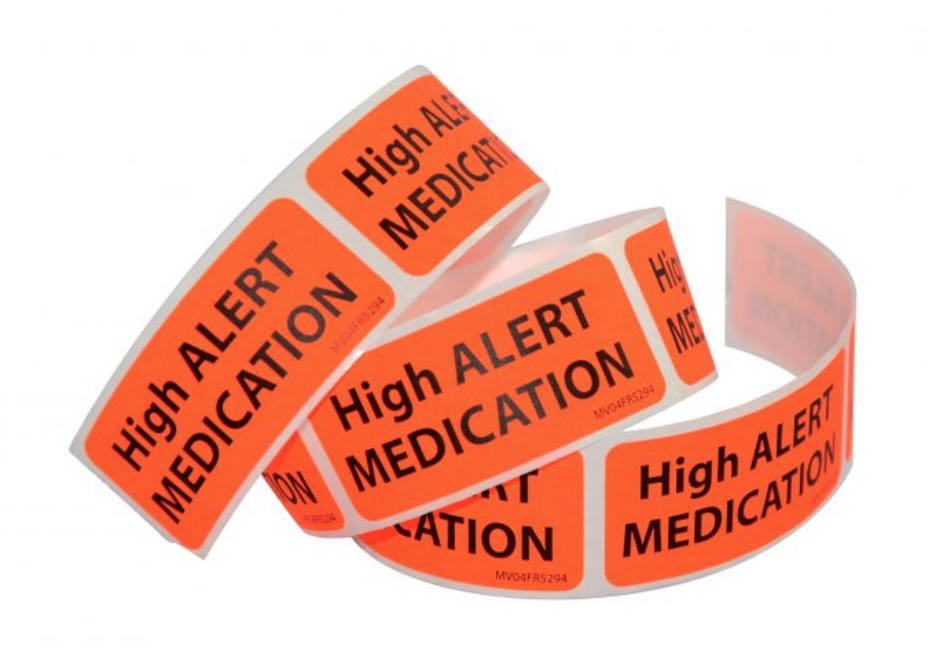What are high alert medications? They are “drugs that have a higher risk of causing significant patient harm when they are used in error”.
The Institute for Safe Medication Practices (ISMP and ISMP Canada) is an organization that analyzes medication incidents that have been reported. ISMP Canada is part of a collaborative program called CMIRPs. Their goal is “to reduce and prevent harmful medication incidents in Canada”.
These high alert medications are well known, are commonly used and are essential for controlling, treating and preventing diseases. Insulin, warfarin, chemotherapy and opioids are a few examples. High alert medications are the most common cause of hospital visits due to medications.
ISMP (US) has put together lists of these high alert medications for different care settings (acute (hospital), long term care and community/ambulatory). These lists have been endorsed and are used within the Canadian healthcare setting. Healthcare organizations that attain Accreditation status must have policy and protocols on how to safely handle, administer and monitor high alert medications.
Within organizations, including pharmacies, safety strategies such as independent double check, unique labelling or storage modifications are put in place to help prevent errors with these medications. For example, many pharmacies will have long-acting insulins on a different fridge shelf than the short-acting insulins. Bright warning labels may be placed on stock bottles to bring attention to a high alert medication when being dispensed.
Medication errors involving these medications can happen in hospitals, long term care settings, pharmacies and in patients’ homes. For patients and caregivers, it is important to be aware if you are using a high alert medication. It is critical that you ask for professional advice if an administration error has occurred. In addition, you should know what side effects to watch for that could indicate a wrong dose has been taken by mistake.
Follow this link to find more information about some common high alert mediations: https://consumermedsafety.org/medication-safety-articles/item/847-teaching-sheets
Take time to meet with your pharmacist afterwards to confirm your understanding and get answers to the questions you have. Being proactive can help to reduce medication harms.

